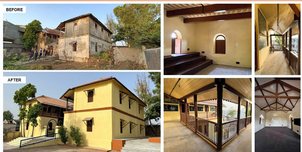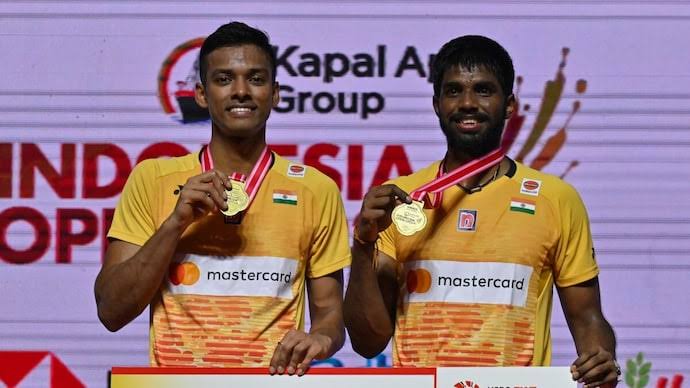Drone Rules 2021: What are key features?

New Delhi: The Government has decided to repeal the Unmanned Aircraft Systems (UAS)Rules, 2021 and replace the same with the liberalised Drone Rules, 2021.
30 key features of Drone Rules 2021:
- It is built on a premise of trust, self-certification and non-intrusive monitoring.
- Designed to usher in an era of super-normal growth while balancing safety and security considerations.
- Several approvals were abolished: unique authorisation number, unique prototype identification number, certificate of manufacturing and airworthiness, certificate of conformance, certificate of maintenance, import clearance, acceptance of existing drones, operator permits, authorisation of R&D organisation, student remote pilot license, remote pilot instructor authorisation, drone port authorisation etc.
- Number of forms was reduced from 25 to 5.
- Types of fees reduced from 72 to 4.
- Quantum of fee reduced to nominal levels and delinked with the size of the drone. For instance, the fee for a remote pilot license fee has been reduced from INR 3000 (for large drones) to INR 100 for all categories of drones; and is valid for ten years.
- The digital sky platform shall be developed as a user-friendly single-window system. There will be a minimal human interface, and most permissions will be self-generated.
- Interactive airspace map with green, yellow and red zones shall be displayed on the digital sky platform within 30 days of publication of these rules.
- No permission required for operating drones in green zones. Green zone means the airspace upto a vertical distance of 400 feet or 120 metres that has not been designated as a red zone or yellow zone in the airspace map; and the airspace up to a vertical distance of 200 feet or 60 metres above the area located between a lateral distance of 8 and 12 kilometres from the perimeter of an operational airport.
- The yellow zone was reduced from 45 km to 12 km from the airport perimeter.
- No remote pilot license required for micro drones (for non-commercial use) and nano drones.
- No requirement for security clearance before issuance of any registration or license.
- No requirement of Type Certificate, unique identification number and remote pilot license by R&D entities operating drones in own or rented premises, located in a green zone.
- No restriction on foreign ownership in Indian drone companies.
- Import of drones to be regulated by DGFT.
- Requirement of import clearance from DGCA abolished.
- Coverage of drones under Drone Rules, 2021 increased from 300 kg to 500 kg. This will cover drone taxis also.
- DGCA shall prescribe drone training requirements, oversee drone schools and provide pilot licenses online.
- Remote pilot licence to be issued by DGCA within 15 days of the pilot receiving the remote pilot certificate from the authorised drone school through the digital sky platform.
- Testing of drones for issuance of Type Certificate to be carried out by Quality Council of India or authorised testing entities.
- Type Certificate required only when a drone is to be operated in India—importing and manufacturing drones purely for exports are exempt from type certification and unique identification number.
- Nano and model drones (made for research or recreation purposes) are exempt from type certification.
- Manufacturers and importers may generate their drones' unique identification number on the digital sky platform through the self-certification route.
- Easier process specified for transfer and deregistration of drones through the digital sky platform.
- Drones present in India on or before 30 Nov 2021 will be issued a unique identification number through the digital sky platform provided; they have a DAN, a GST-paid invoice and are part of the list of DGCA-approved drones.
- Standard operating procedures (SOP) and training procedure manuals (TPM) will be prescribed by DGCA on the digital sky platform for self-monitoring by users. No approvals are required unless there is a significant departure from the prescribed procedures.
- The maximum penalty for violations is reduced to INR 1 lakh.
- Safety and security features like 'No permission – no takeoff' (NPNT), real-time tracking beacon, geo-fencing etc. to be notified in future. A six-month lead time will be provided to the industry for compliance.
- Drone corridors will be developed for cargo deliveries.
- A drone promotion council will be set up by the government with participation from academia, startups, and other stakeholders to facilitate a growth-oriented regulatory regime.

















